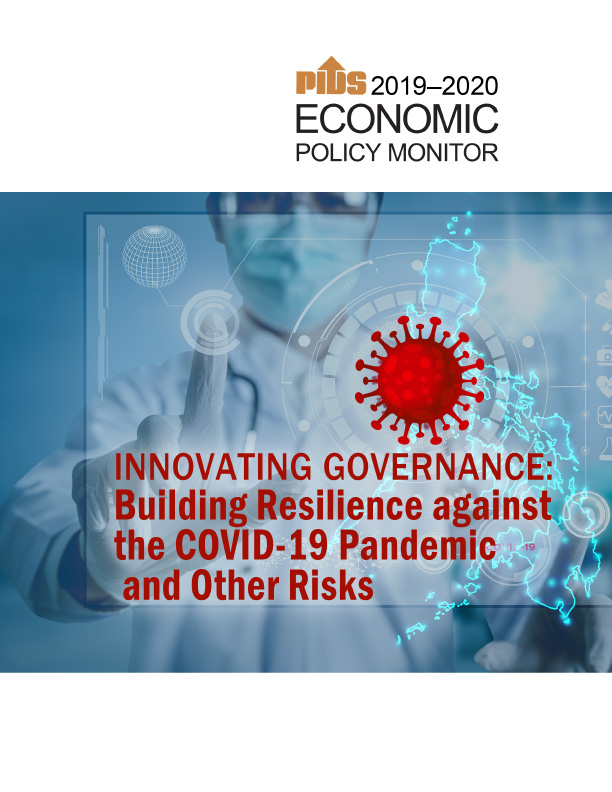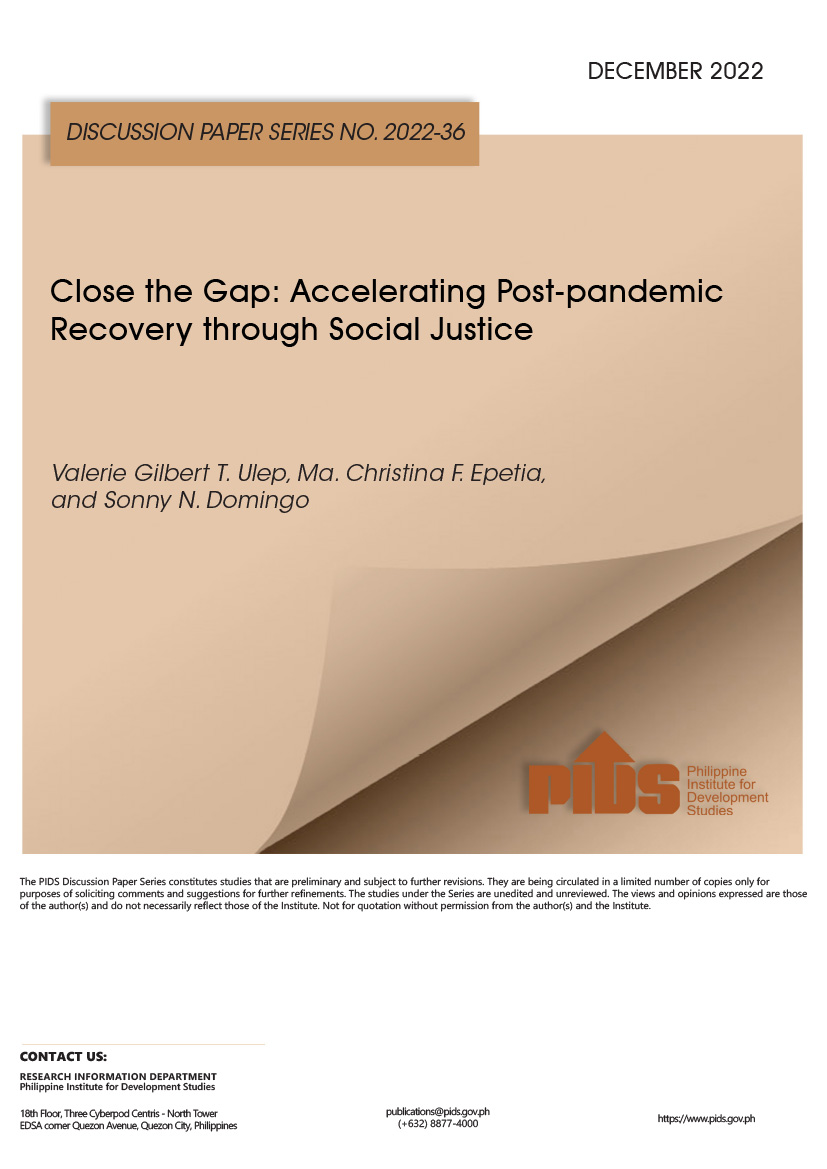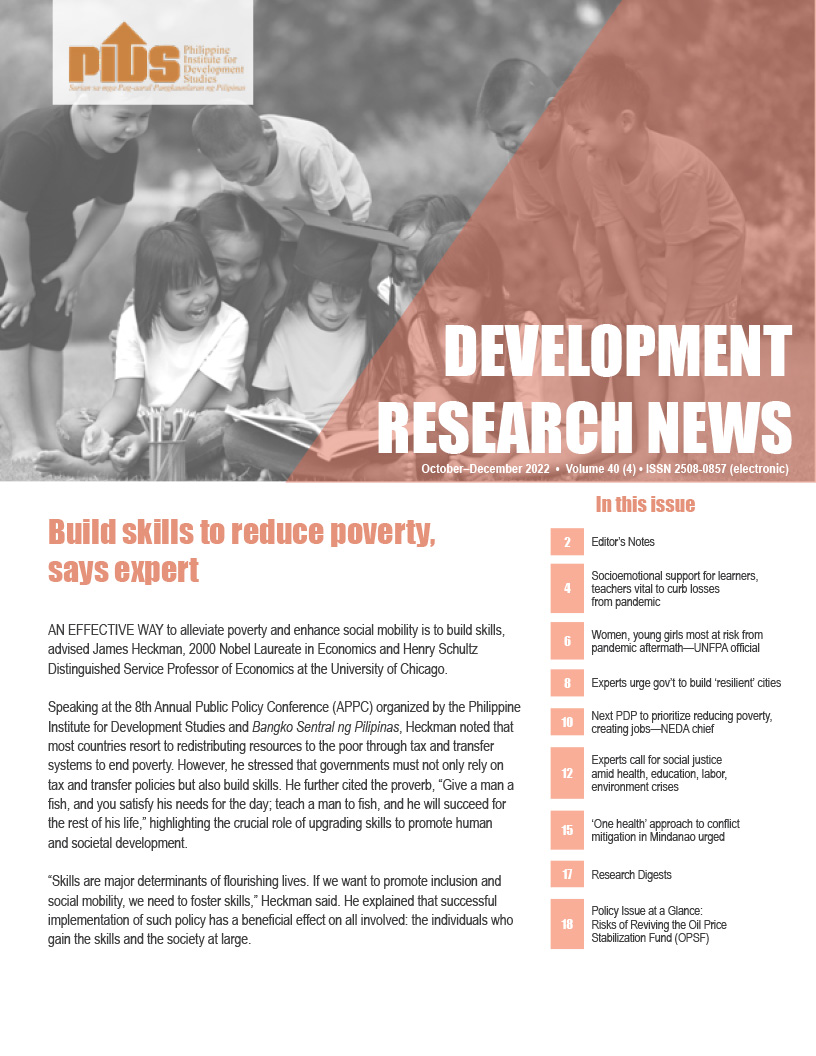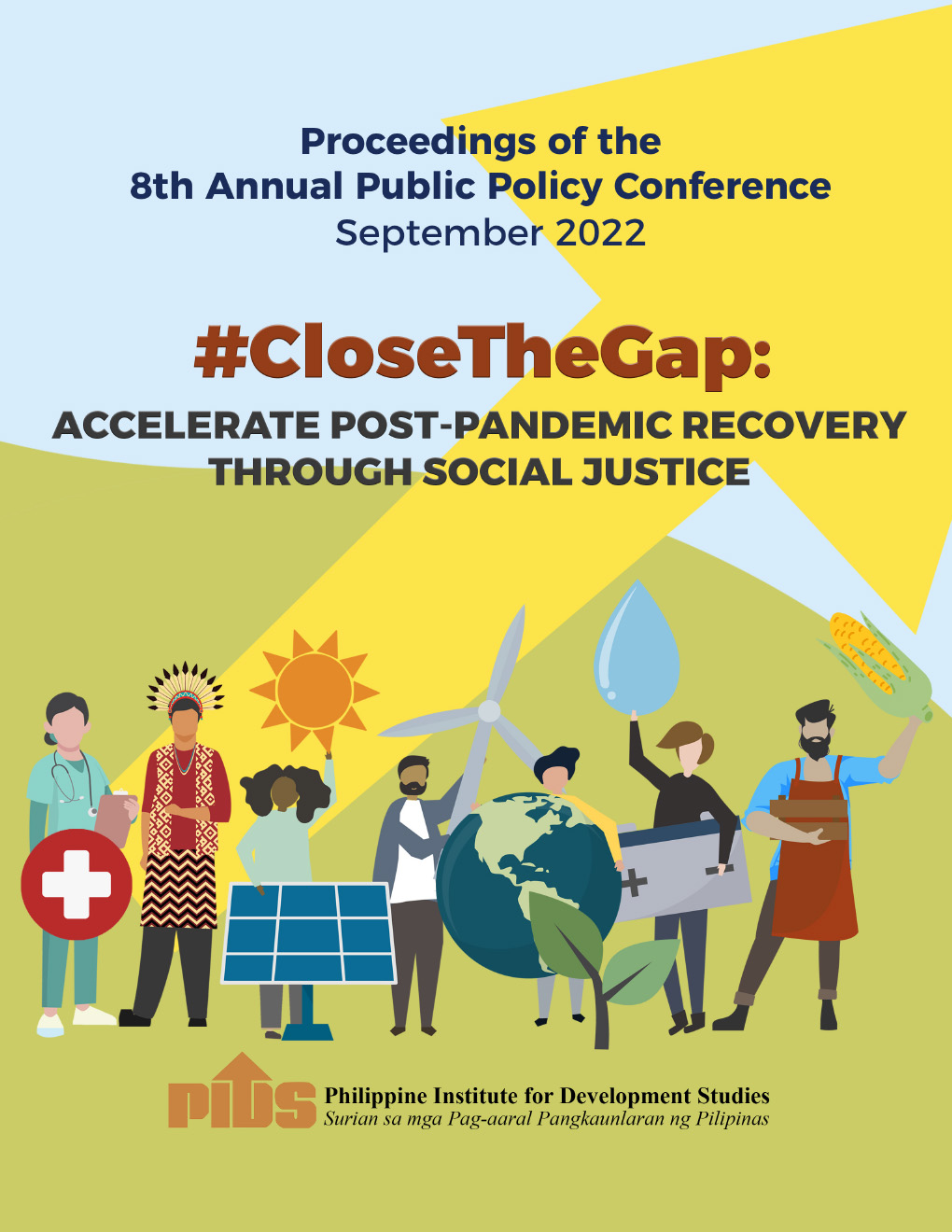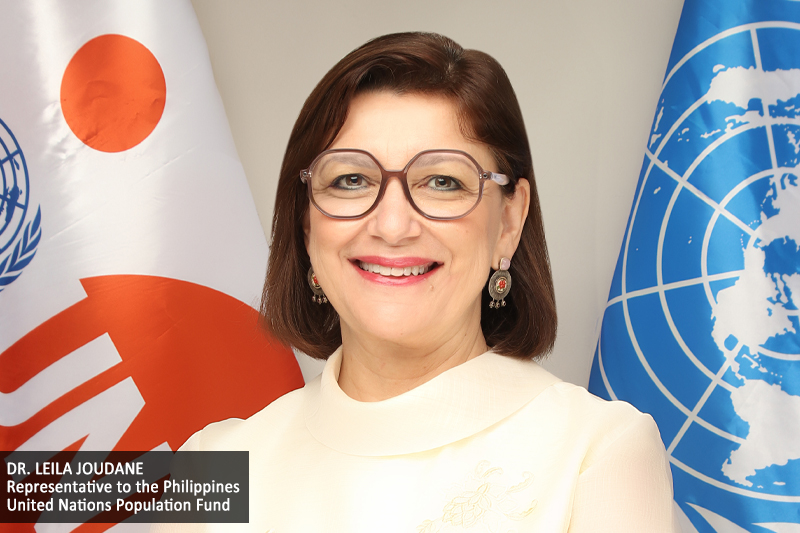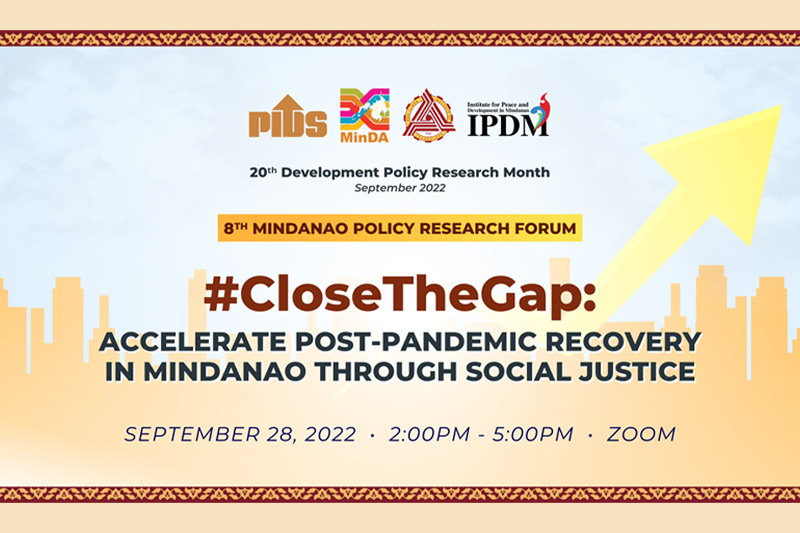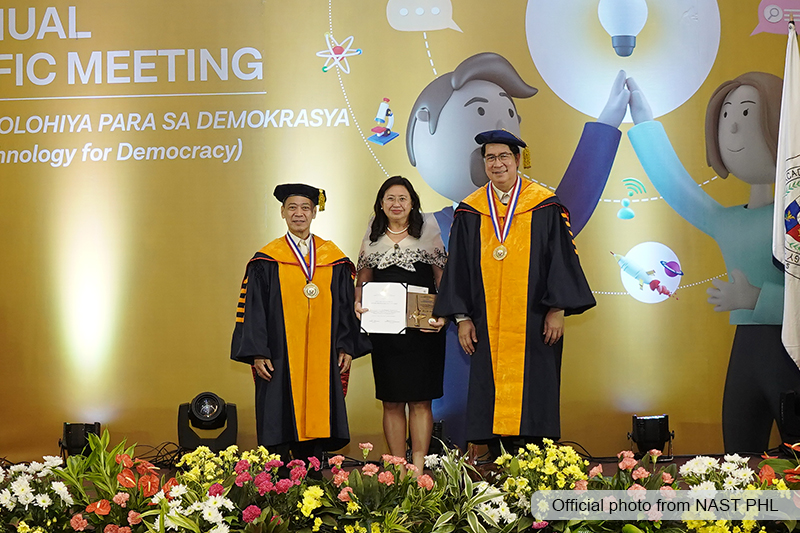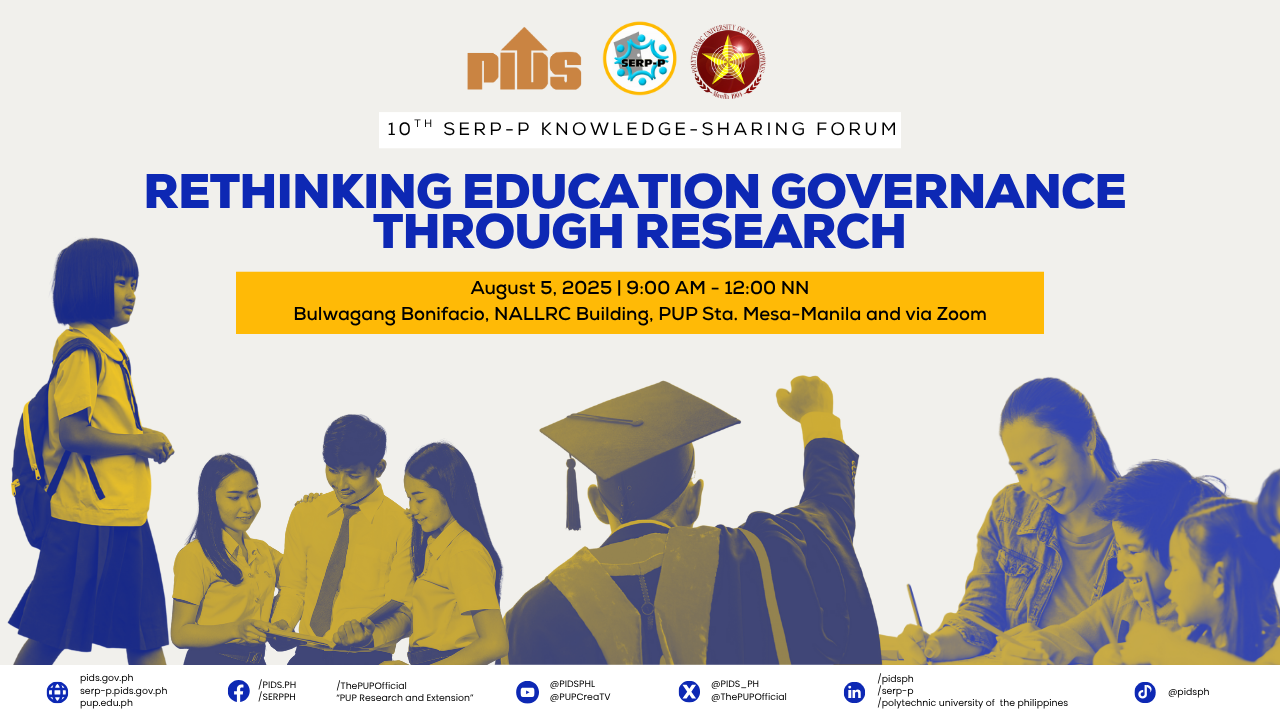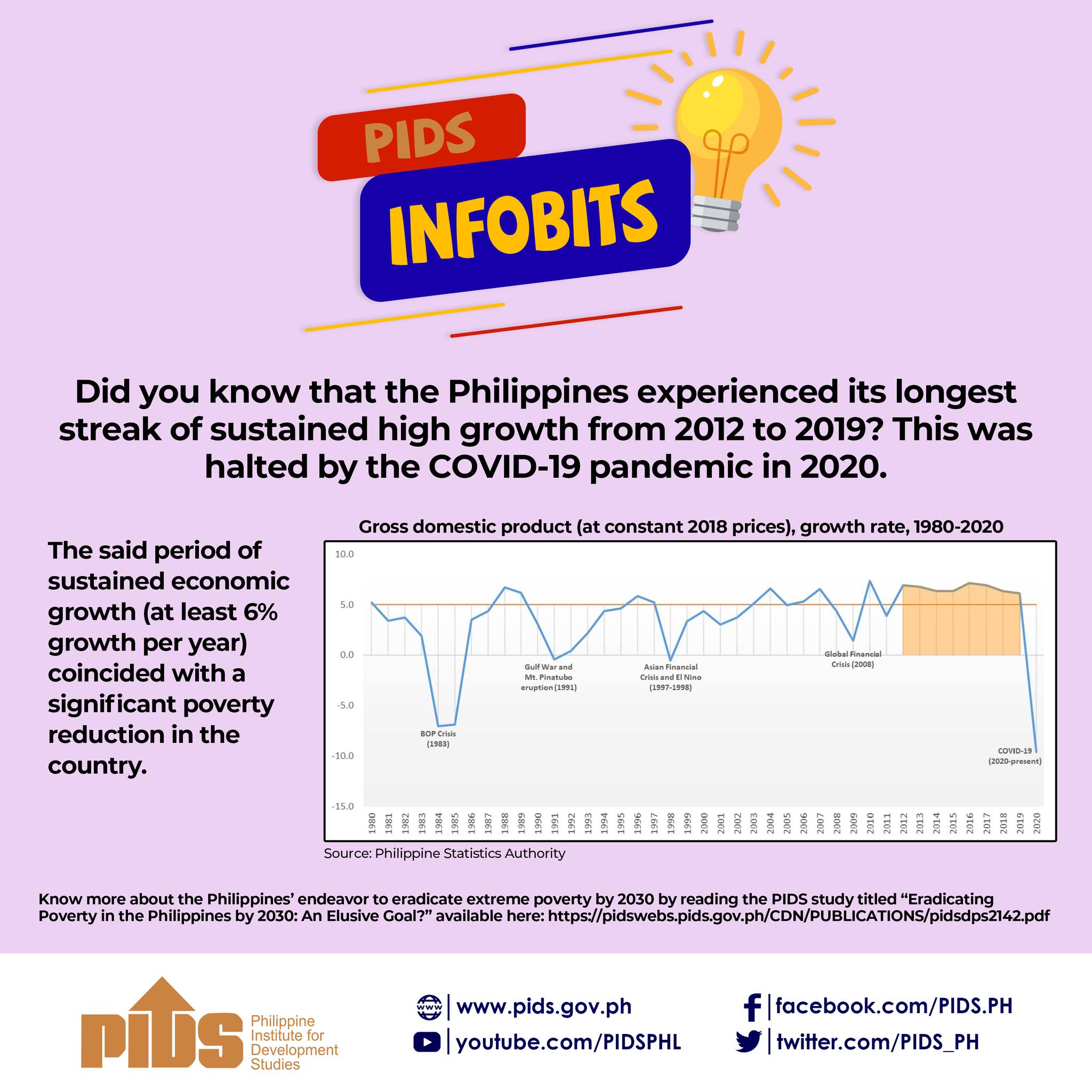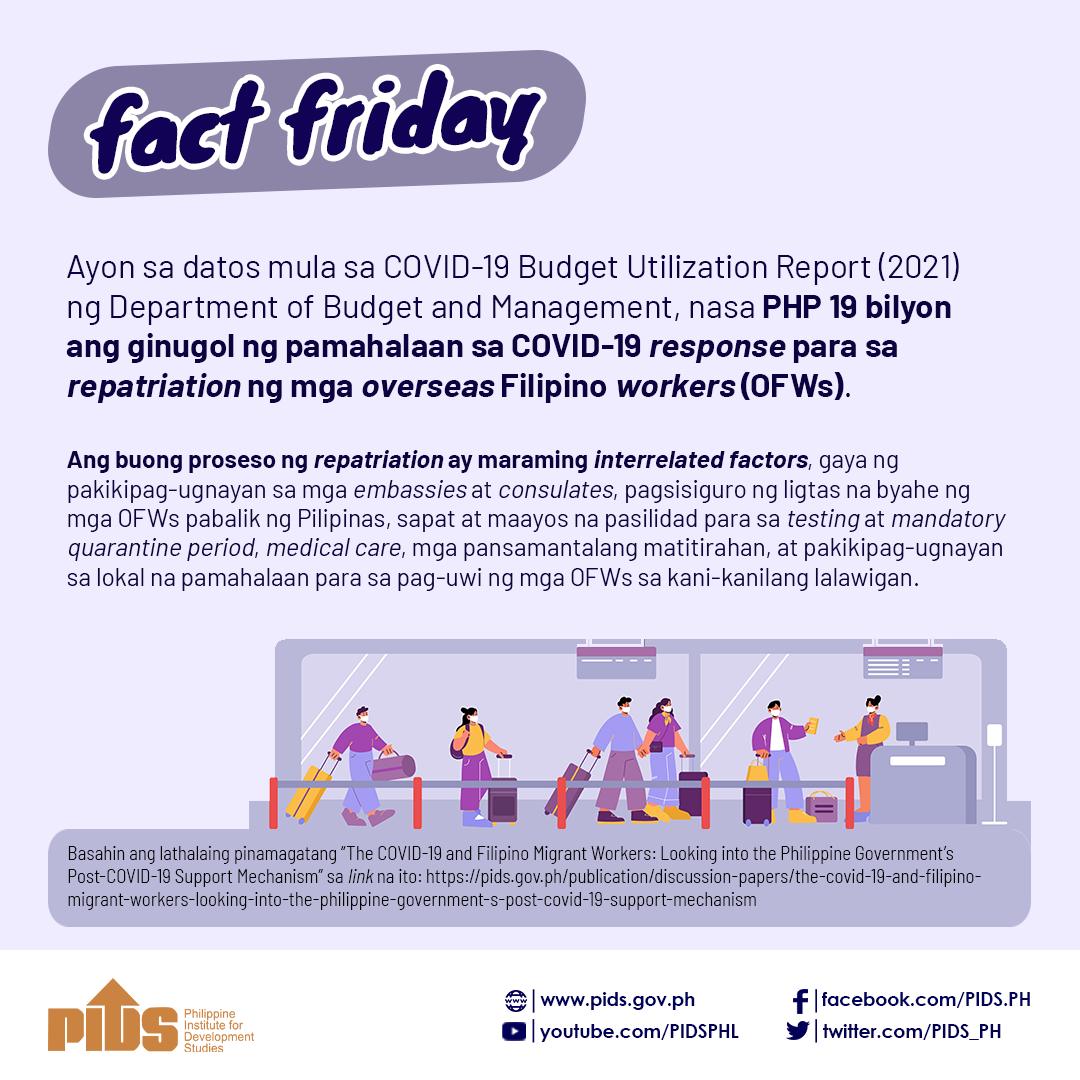The coronavirus disease 2019 (2019) pandemic is by far the most challenging public health crisis the world has faced in a century. Its effects have now extended beyond healthcare systems to entire economies. During unsettling times like this, the role of evidence-based research cannot be overemphasized.
This issue of the Economic Policy Monitor (EPM) focuses on long-standing structural and governance issues that are hampering the COVID-19 response of the Philippines. It highlights issues on human resource, information systems, coordination, public participation, public trust in governance, and the government’s bureaucratic organization. These problems have long been disturbing the country, but the pandemic has forced the government to address them head-on. This issue poses the challenge of innovating governance across all sectors of society to build our resilience against this pandemic and other risks.
It also provides policy updates on poverty reduction and social protection; gender; health; education; labor and employment; agriculture; environment and natural resources; energy; infrastructure; science, technology, and innovation; smart cities; trade and industry; services; and fiscal policy. It links the discussion in these areas to the COVID-19 pandemic, paying attention as to how the current crisis has impacted them and the interventions undertaken by the government so far. It also presents a meticulous assessment of the country’s macroeconomic outlook as it inches closer to the new normal.

